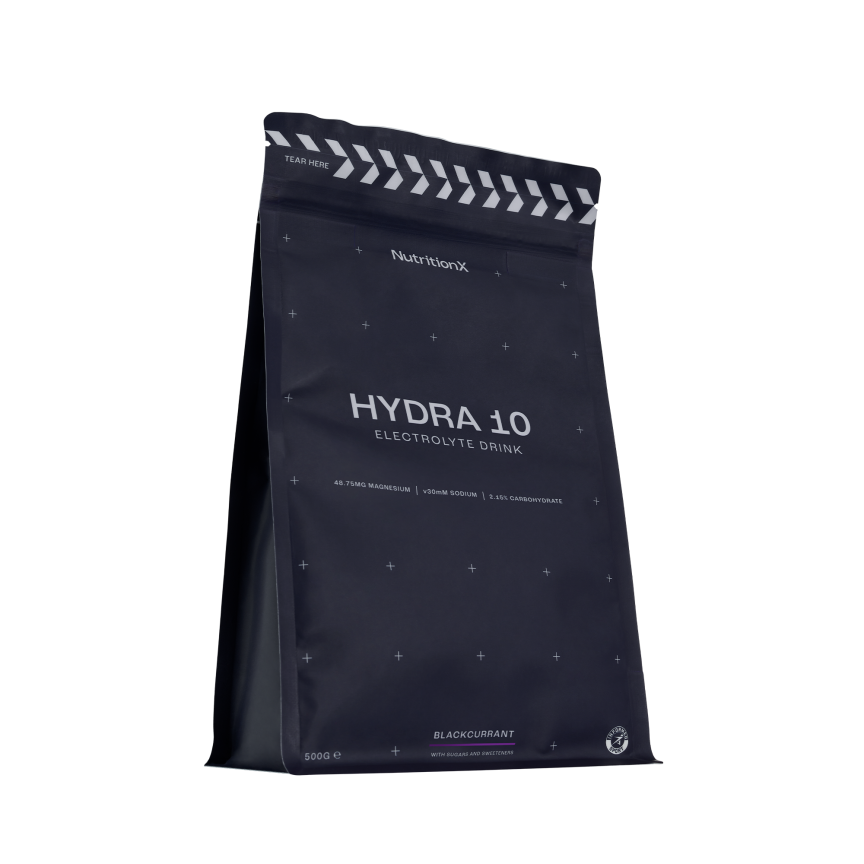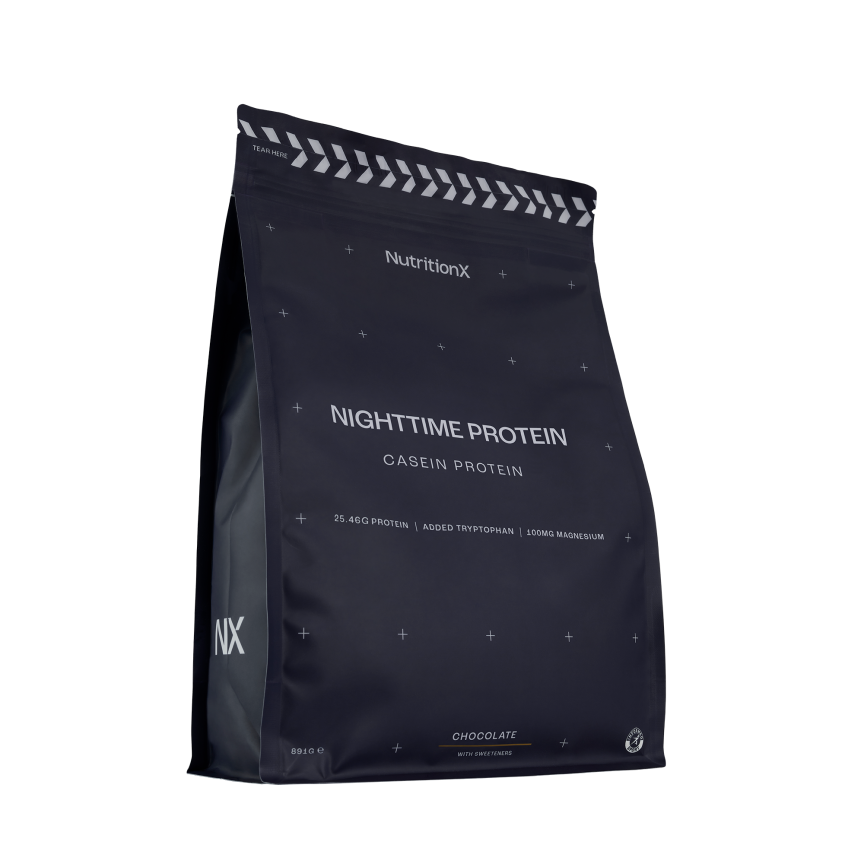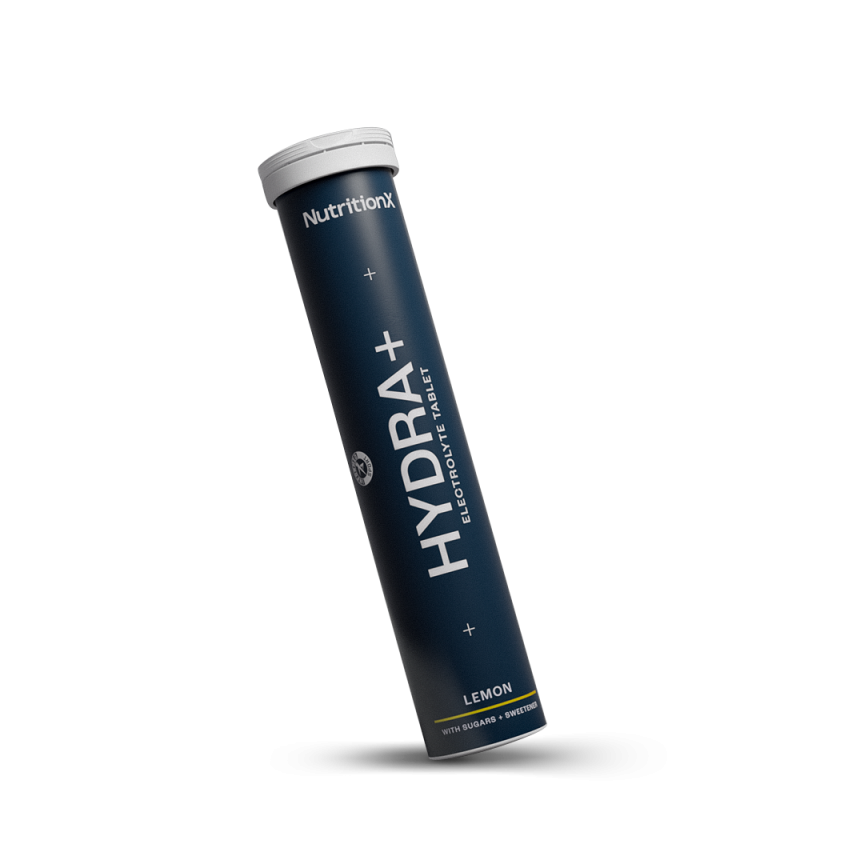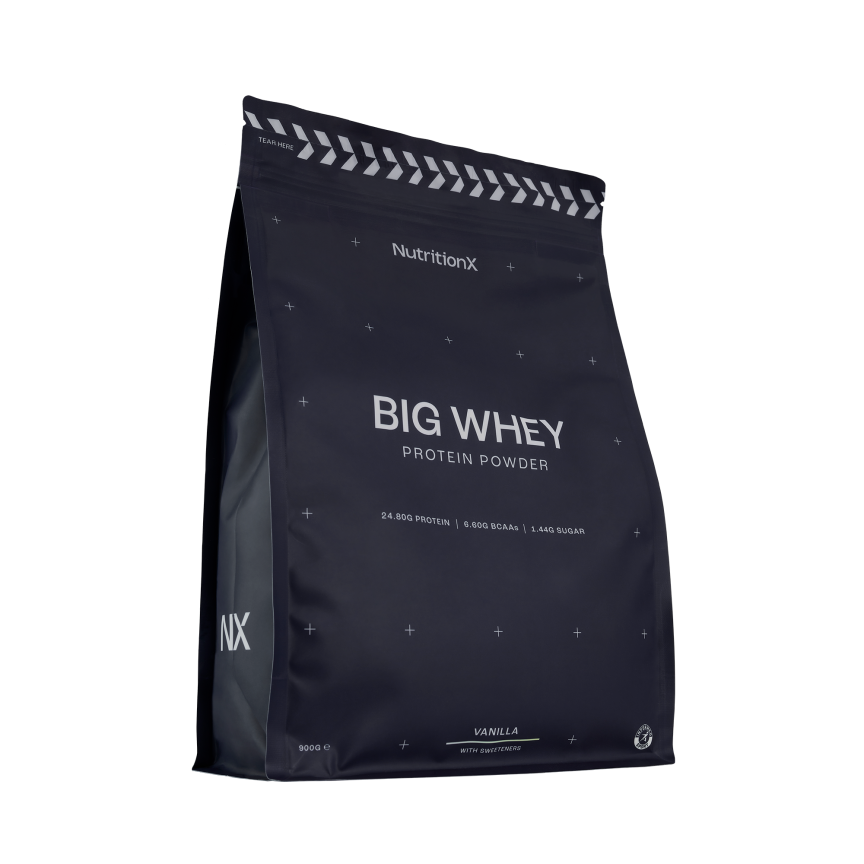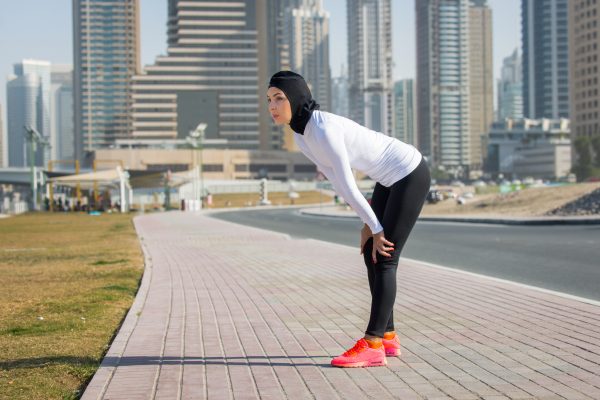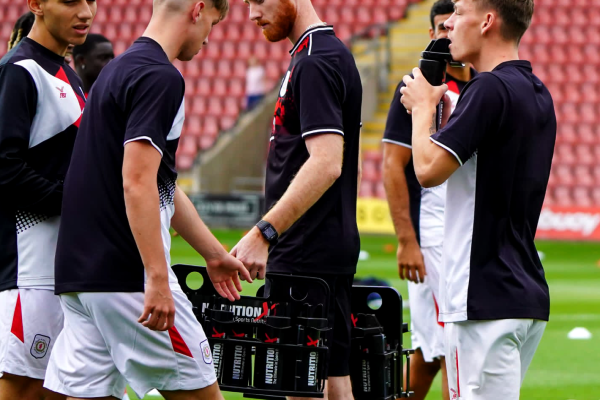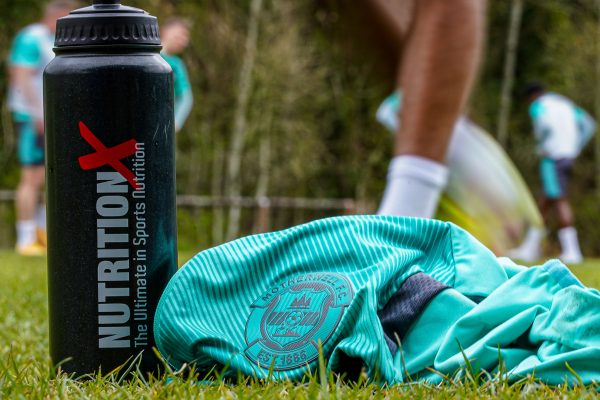For practising Muslim athletes across the world, the period of fasting experienced during Ramadan poses specific challenges when it comes to training. However, it needn’t mean an end to training altogether. Knowing when to train during Ramadan, how to fuel and what to eat when fasting is broken can help you keep your athletic performance on-track, even when it seems like your body may not be able to get the fuel it needs for energy and recovery.
Do athletes take part in Ramadan?
Practising Muslims and those observing the traditions of Islam across the world will take part in Ramadan each year during the ninth month of the Islamic calendar; a month-long period which sees those observing fast between dawn and sunset. This very much includes athletes, with athletes across multiple sporting disciplines having to balance training and competition whilst embracing the numerous challenges that fasting during daylight hours can bring.
How does Ramadan impact training for athletes?
The nature of fasting during the period of Ramadan can affect an athlete’s training schedule and performance if not managed carefully. During daylight hours, no foods or liquids can be consumed, even for competing athletes. It’s only between sunset and dawn that food and drink are consumed, often in two main meals - one consumed at sunset named the Iftar, and one consumed prior to sunrise called the Suhoor.This period of fasting can prove challenging for athletes who have trained or competed during the day, and can therefore both be depleted in energy and dehydrated.
How can athletes maintain fitness during Ramadan?
When it comes to maintaining fitness and training throughout Ramadan, energy balance is key. The three ‘Ts’ of sports nutrition should come into play for anyone training during Ramadan: that is Total, Type and Timing of nutrition intake, which will help you maintain performance. In other words, paying attention to the type of nutrition you’re taking on board once the fast is broken, your macronutrient breakdown in the two main meals and when you eat in relation to training can help to minimise any potential impact on performance during this time. It’s also vital to ensure that hydration is maintained as best as possible.
What should athletes eat during Ramadan?
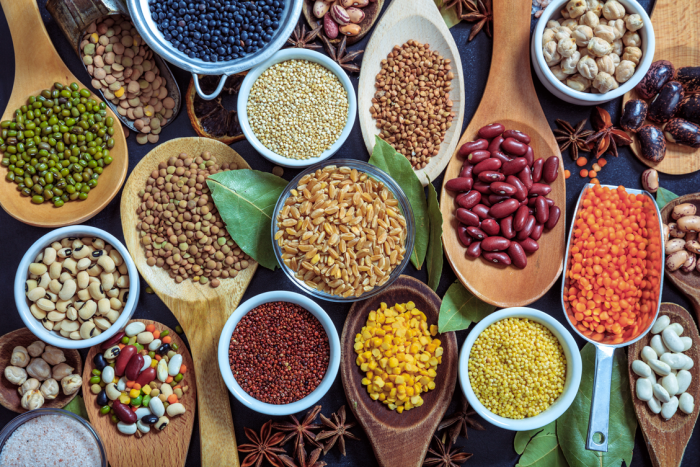
The fundamental rules of good nutrition still need to apply during Ramadan, they just need to be amended to adapt the eating schedule. For example, choosing carbohydrate-rich foods during the Iftar and Suhoor will help you ensure that carbohydrate levels are met each day and therefore energy levels are supported (6-10g per kg body weight for a training athlete). It may be worth choosing lower GI sources – such as chickpeas, lentils, fruit and veg - and consume more liquid carbohydrates like energy gels, to make this easier to achieve in the shorter time period you have. Protein intake also needs to be considered during both meals and snacks to ensure daily recommended targets for your body weight are met.
Should athletes change their training schedule during Ramadan?
Whilst research does suggest that protein should ideally be evenly distributed throughout the day – with some post-exercise – this isn’t always possible during the short eating window that Ramadan presents. It’s therefore a good idea to adapt your training schedule to allow for this, training in the evening if possible, as close to the Iftar as you can. That way, your body is essentially able to ‘refuel’/ rehydrate as close to completing exercise as possible, lessening any potentially detrimental impact on your body.
Should athletes take supplements during Ramadan?
As no food or drink can be consumed during fasting hours, this includes sports supplements. If athletes are competing, it may be worth checking with religious authorities whether or not strategies such as mouth rinsing can be employed. Once fasting is broken, sports supplements such as protein bars, protein shakes and carbohydrate-based energy gel supplements can help you hit your nutrition requirements. Hydration is also key during this time, so hydration drinks would be good to have here to help you replenish lost fluids and electrolytes. Ultimately, keeping a focus on what you’re taking on board and ensuring macronutrient targets are achieved across the two main meals and any snacks will help you ensure that you’re providing your body with the energy it needs to thrive throughout the day and during training, albeit in an adjusted time period.
How important is sleep during Ramadan?

Sleeping is always important, particularly for training athletes who need the rest and recovery. However, timings of the Suhoor and Iftar, particularly in the northern hemisphere with longer daylight hours, can mean that normal sleeping schedules are interrupted. Many Muslims will add an extra midday nap into their sleep routine to account for a lack of sleep in the evening. Studies have shown that, in general, there is an overall decrease in total sleep time for athletes during this time. To help counteract this, recommendations generally focus on athletes prioritising sleep post-Iftar and awaken for Suhoor (as opposed to skipping it in favour of sleep) to ensure enough food can be taken on board.
For an in-depth analysis of Ramadan fasting on athletic performance and how Muslim athletes can minimise physiological impact, please see our Nutrition X-Change from Mohamed Saad, Andreas M. Kasper and Graeme L. Close or download/read the PDF's using the links below:





